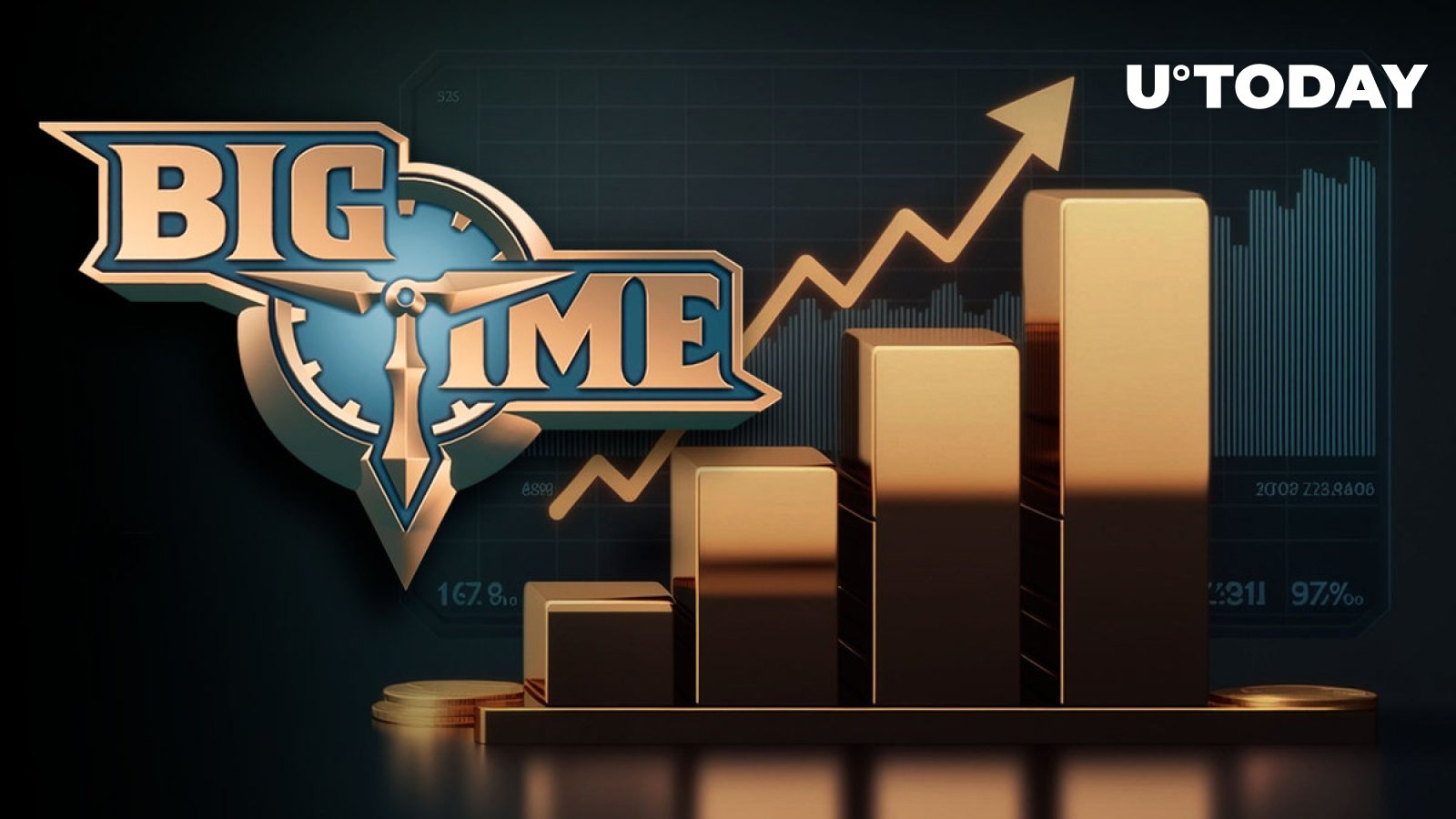Ethereum Pectra Hard Fork Launches Today—Here’s What’s at Stake for ETH
The post Ethereum Pectra Hard Fork Launches Today—Here’s What’s at Stake for ETH appeared on BitcoinEthereumNews.com. Ethereum is on track to welcome one of its most important upgrades to date. The price of Ethereum is soaring in anticipation, with analysts keeping a close watch. The Ethereum (ETH) community is excited as members await the long-anticipated Pectra upgrade, which is scheduled to go live today. Ethereum developers are watchful, as the first 12 minutes post-launch are critical to a successful transition. Expectations from Ethereum Pectra Upgrade At 10.00 AM UTC, the Ethereum network will welcome Pectra, which promises to improve scalability, lower transaction fees, enhance security, and introduce smart accounts. As outlined in our recent blog post, the Pectra hard fork upgrade is one of Ethereum’s most crucial network improvements. It aims to boost validator operations and user experience. Essentially, Pectra is designed to implement various Ethereum Improvement Proposals (EIPs) to make Ethereum more efficient and secure. The first 12 minutes of launching Pectra on the mainnet are important as it marks the completion of about two epochs. Each epoch consists of 32 slots where validators propose and attest new blocks. Developers have expressed concern that this period is prone to potential issues such as bugs and client failures. They are particularly wary as similar upgrades like Shanghai in 2023 and Altair (2021) saw missed blocks and finality issues. Despite rigorous testing, Pectra encountered problems on Ethereum’s public testnets, Holesky and Sepolia. Pectra failed to finalize on the Holesky testnet due to a specific bug, while Sepolia encountered challenges shortly after the activation. As noted in our previous article, the team noticed error messages on their geth node and the mining of empty blocks. These challenges highlight the complexity of Ethereum’s infrastructure. Ethereum operates with five execution clients and five consensus clients, which create 25 potential combinations that must work seamlessly together. Mallesh Pai, Senior Director at…

The post Ethereum Pectra Hard Fork Launches Today—Here’s What’s at Stake for ETH appeared on BitcoinEthereumNews.com.
Ethereum is on track to welcome one of its most important upgrades to date. The price of Ethereum is soaring in anticipation, with analysts keeping a close watch. The Ethereum (ETH) community is excited as members await the long-anticipated Pectra upgrade, which is scheduled to go live today. Ethereum developers are watchful, as the first 12 minutes post-launch are critical to a successful transition. Expectations from Ethereum Pectra Upgrade At 10.00 AM UTC, the Ethereum network will welcome Pectra, which promises to improve scalability, lower transaction fees, enhance security, and introduce smart accounts. As outlined in our recent blog post, the Pectra hard fork upgrade is one of Ethereum’s most crucial network improvements. It aims to boost validator operations and user experience. Essentially, Pectra is designed to implement various Ethereum Improvement Proposals (EIPs) to make Ethereum more efficient and secure. The first 12 minutes of launching Pectra on the mainnet are important as it marks the completion of about two epochs. Each epoch consists of 32 slots where validators propose and attest new blocks. Developers have expressed concern that this period is prone to potential issues such as bugs and client failures. They are particularly wary as similar upgrades like Shanghai in 2023 and Altair (2021) saw missed blocks and finality issues. Despite rigorous testing, Pectra encountered problems on Ethereum’s public testnets, Holesky and Sepolia. Pectra failed to finalize on the Holesky testnet due to a specific bug, while Sepolia encountered challenges shortly after the activation. As noted in our previous article, the team noticed error messages on their geth node and the mining of empty blocks. These challenges highlight the complexity of Ethereum’s infrastructure. Ethereum operates with five execution clients and five consensus clients, which create 25 potential combinations that must work seamlessly together. Mallesh Pai, Senior Director at…
What's Your Reaction?




































